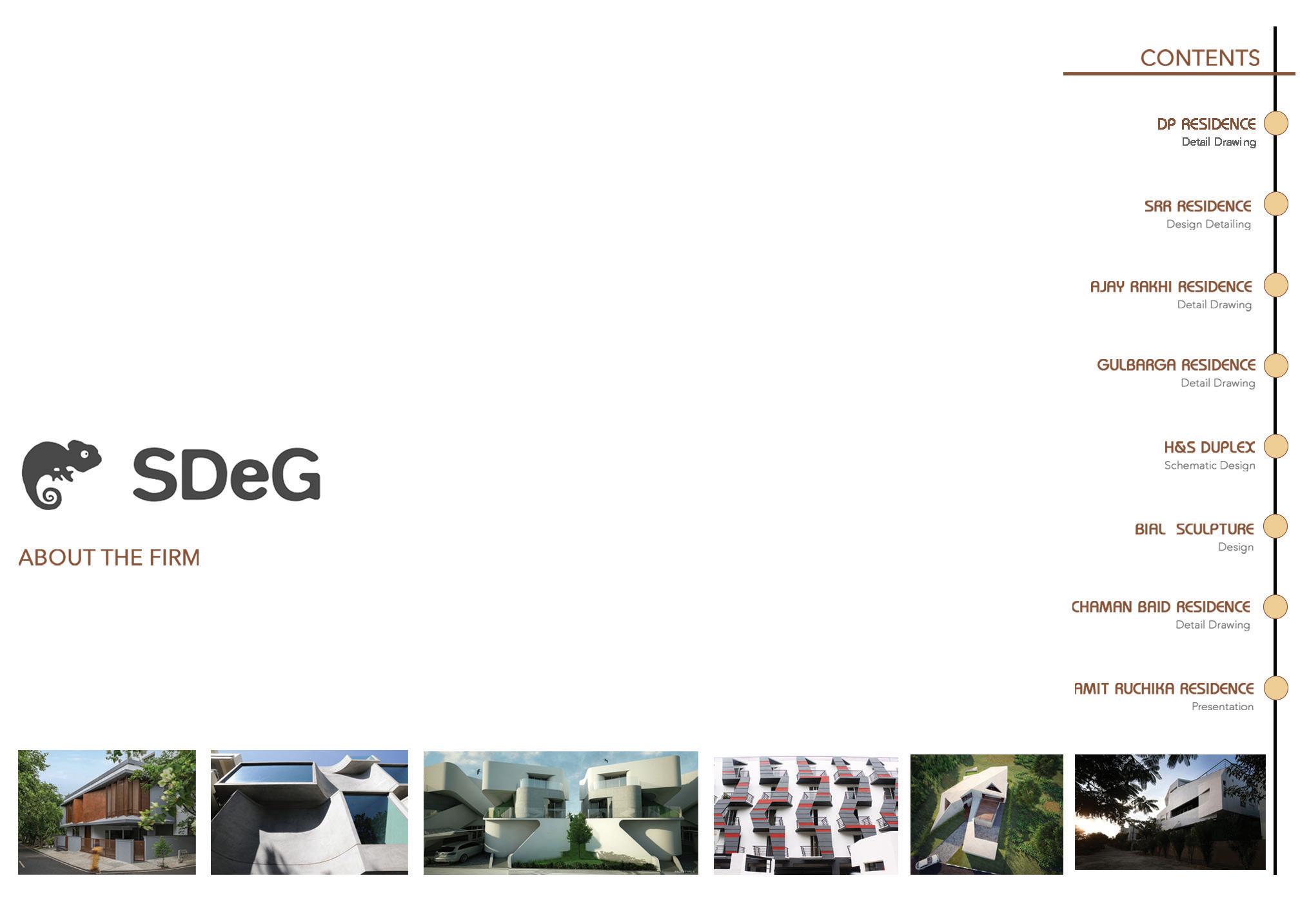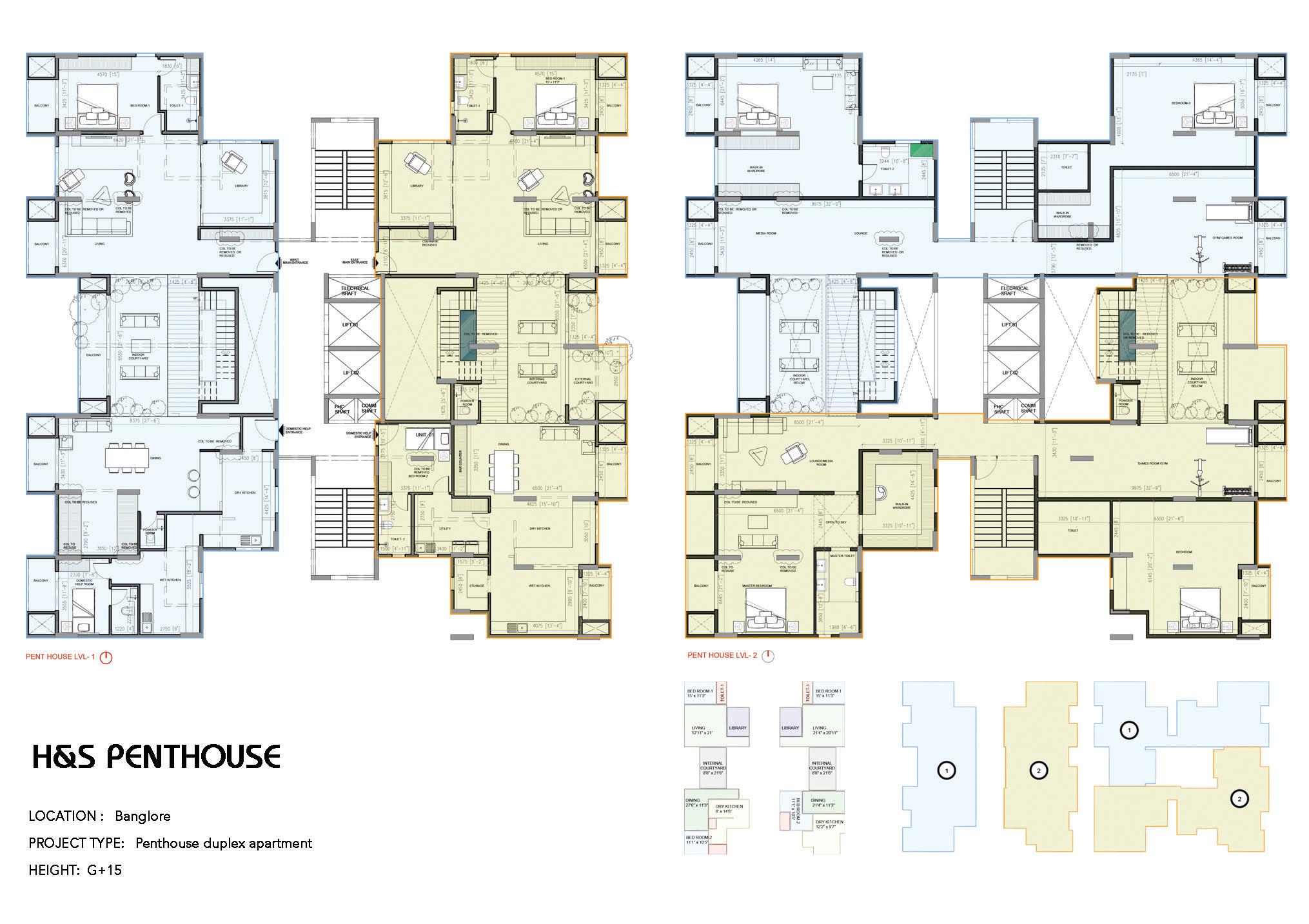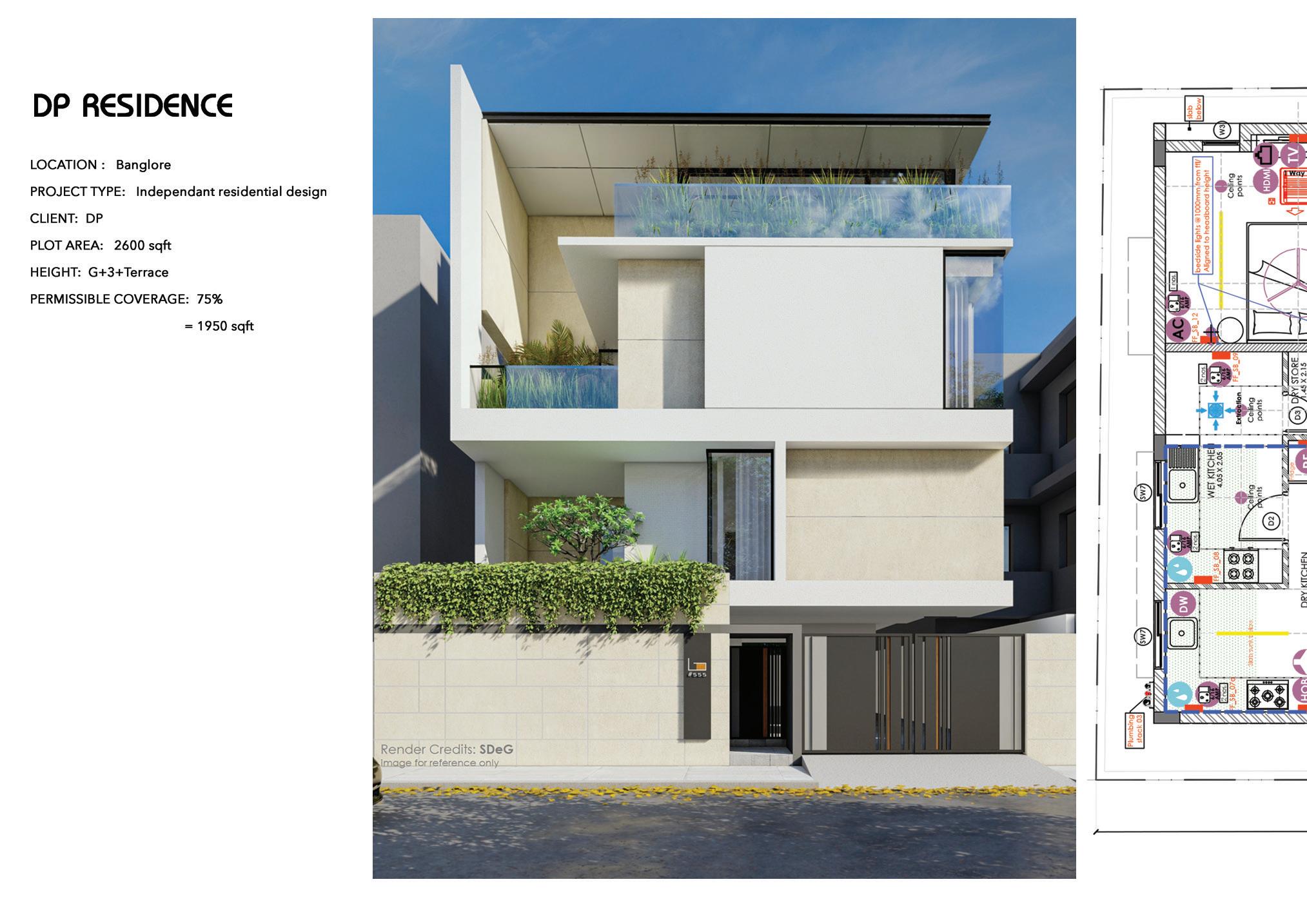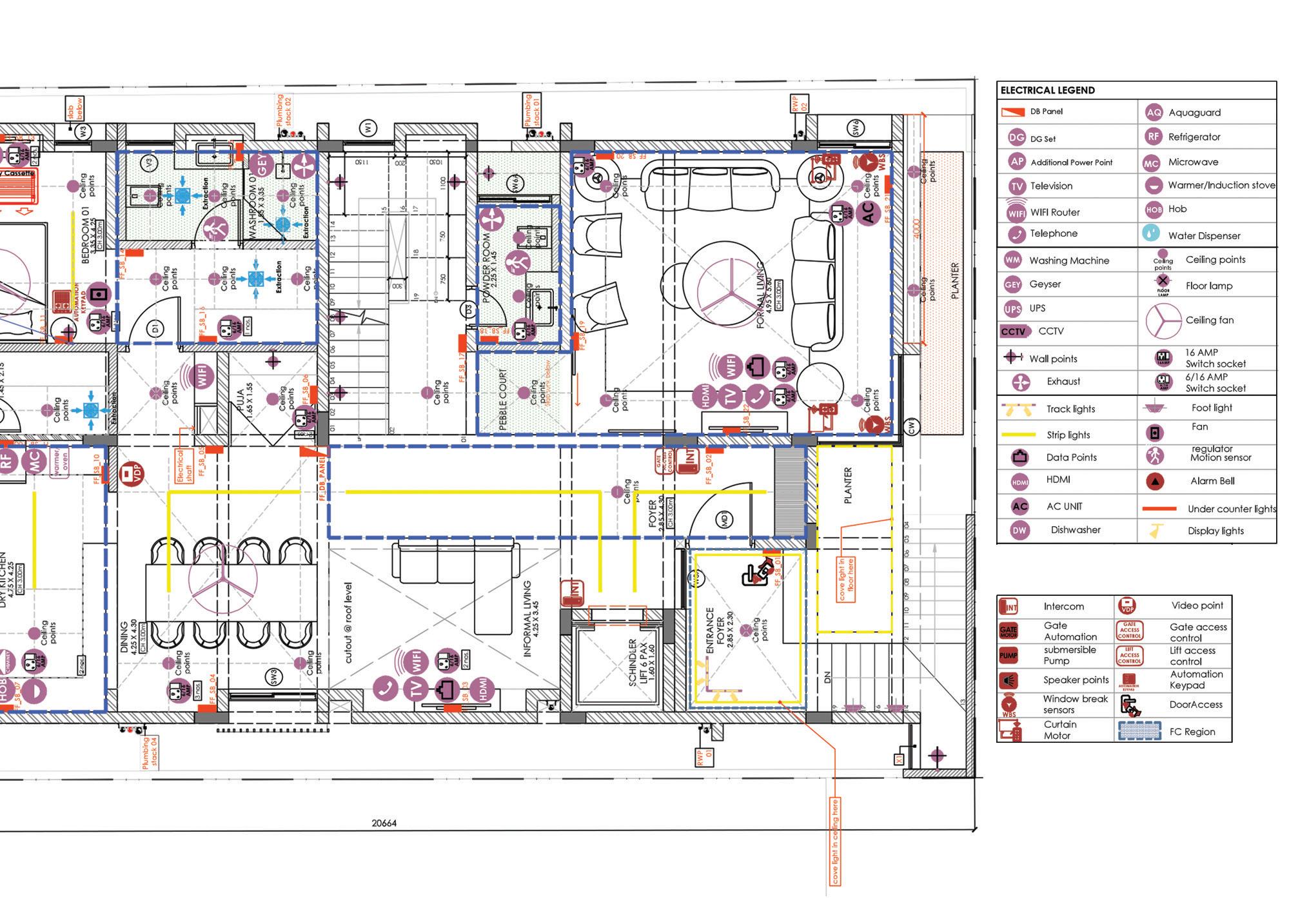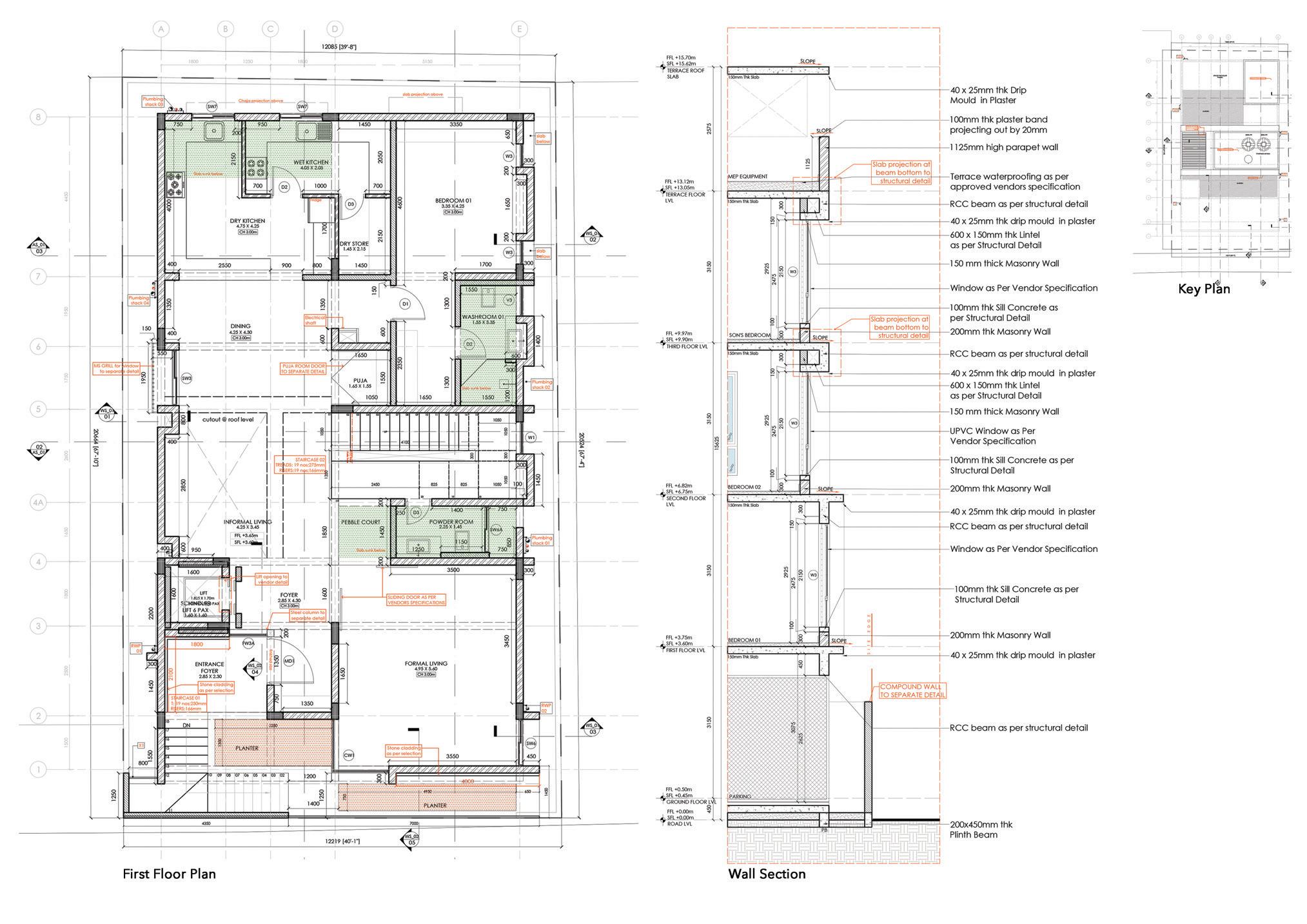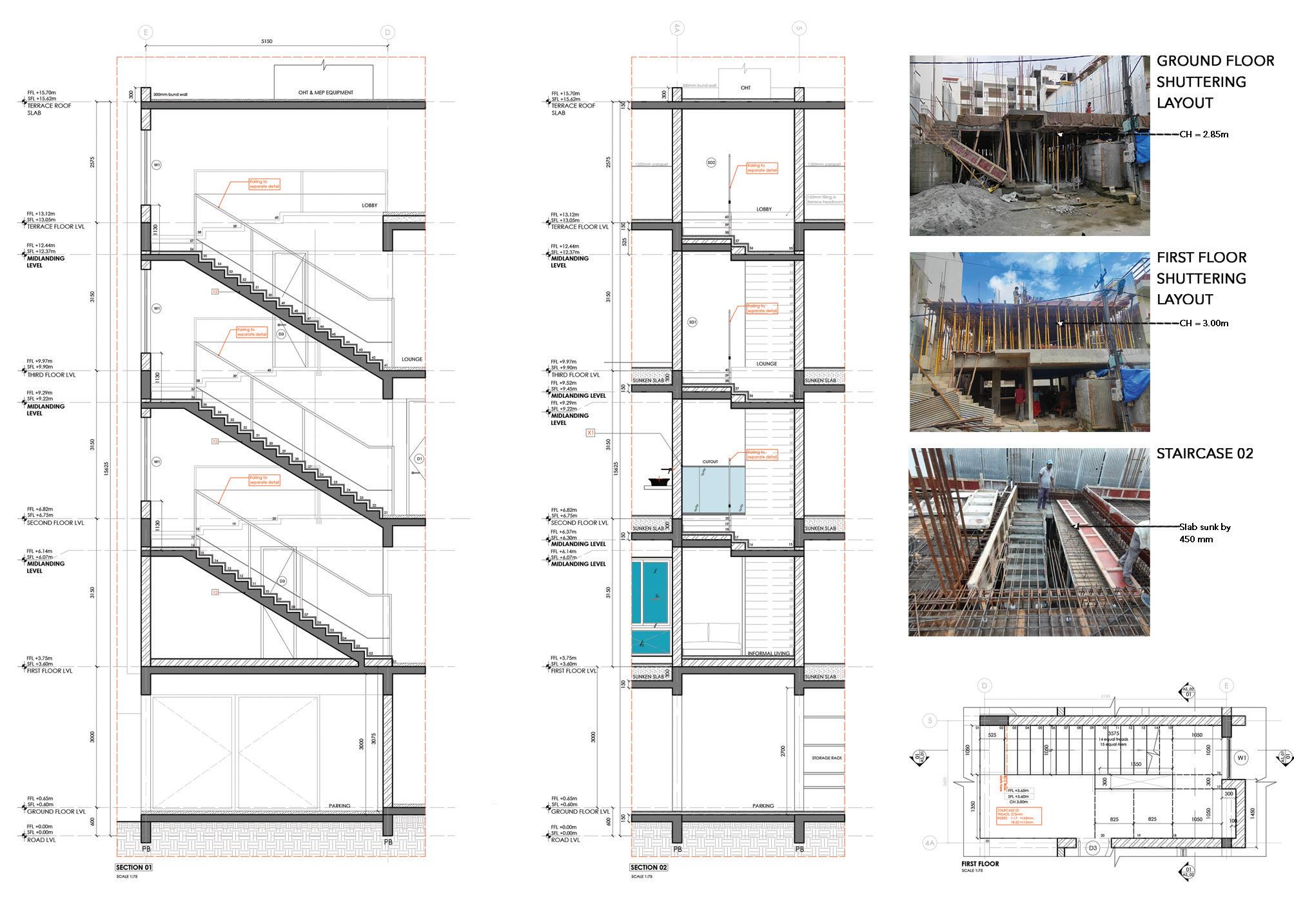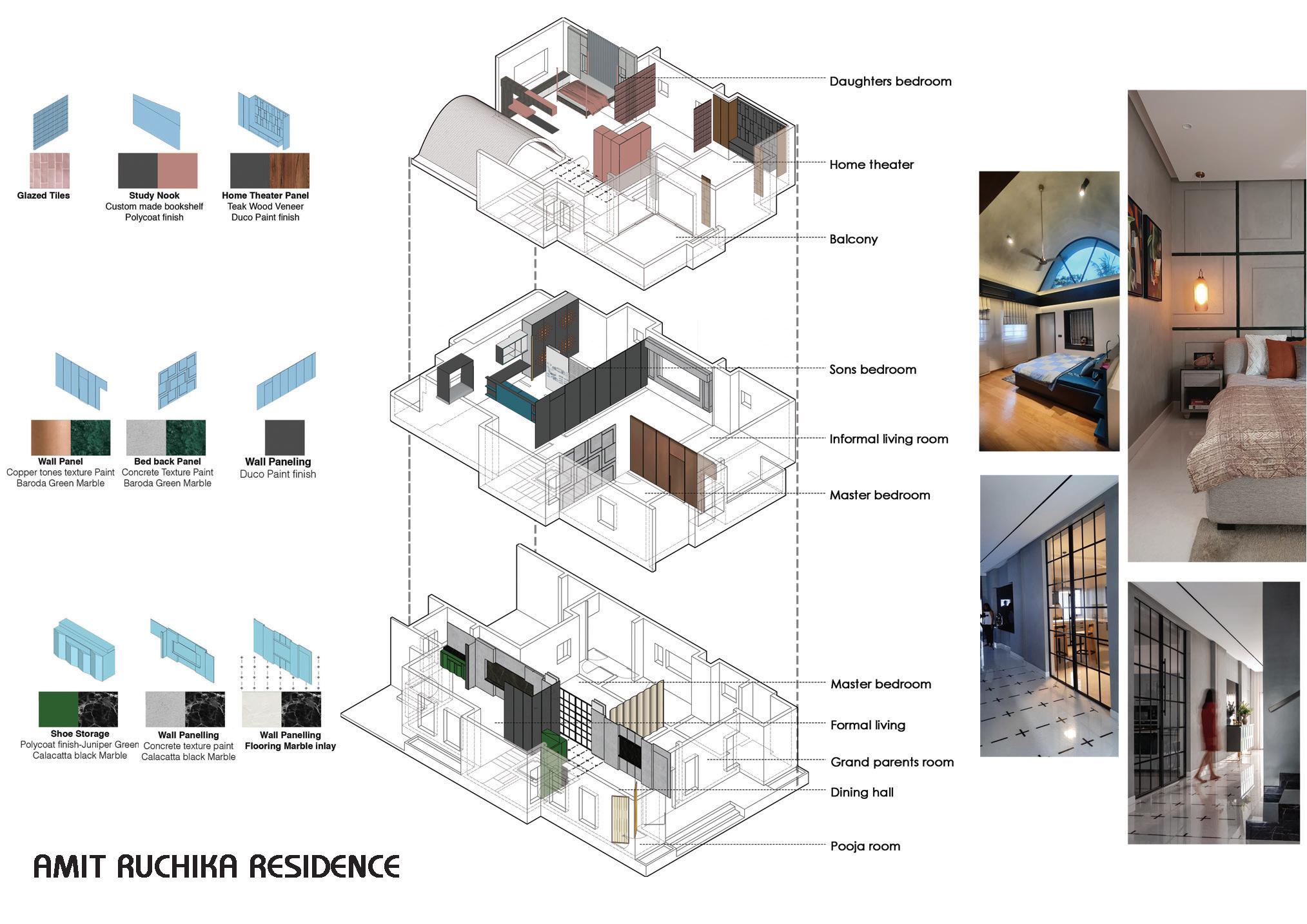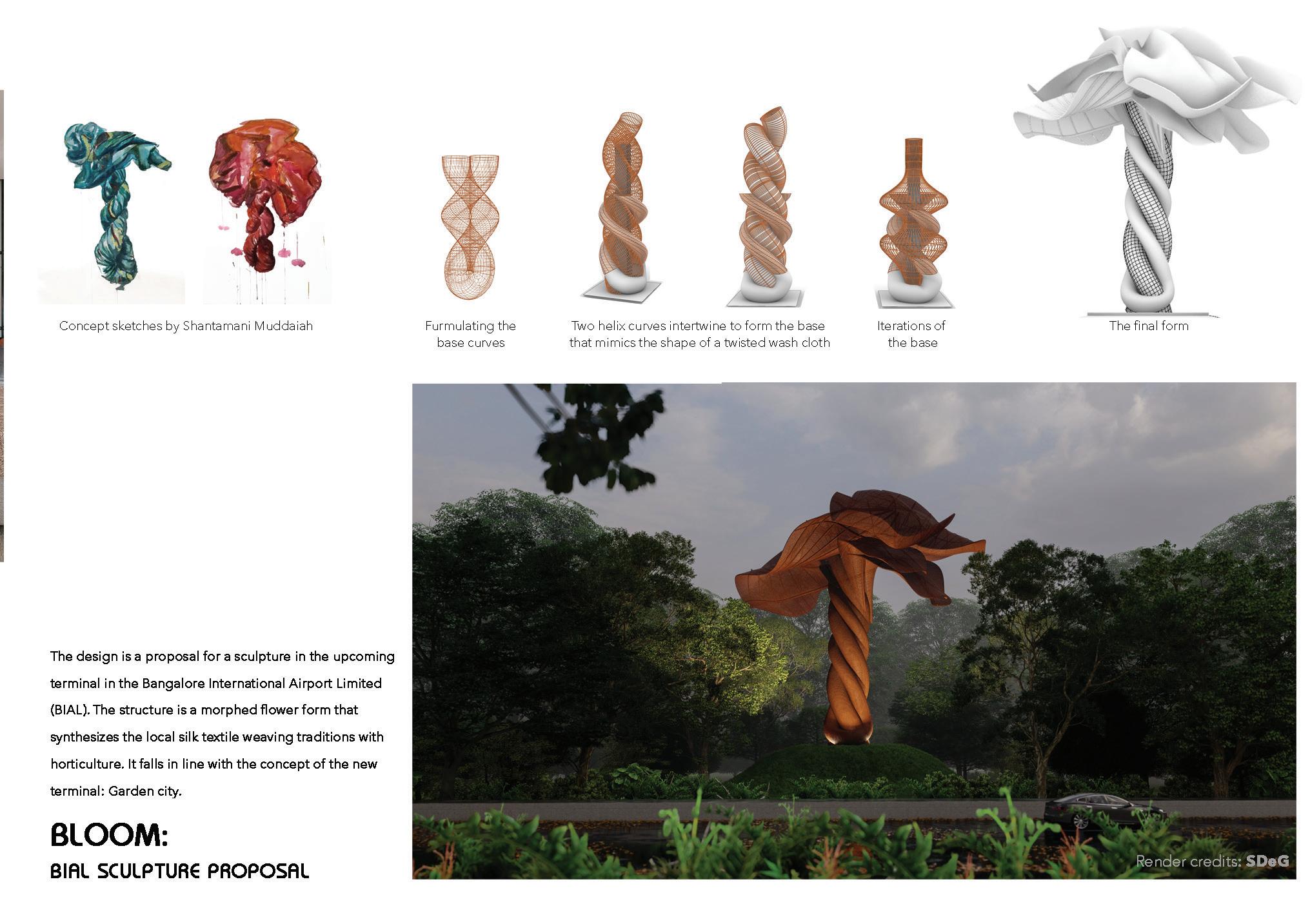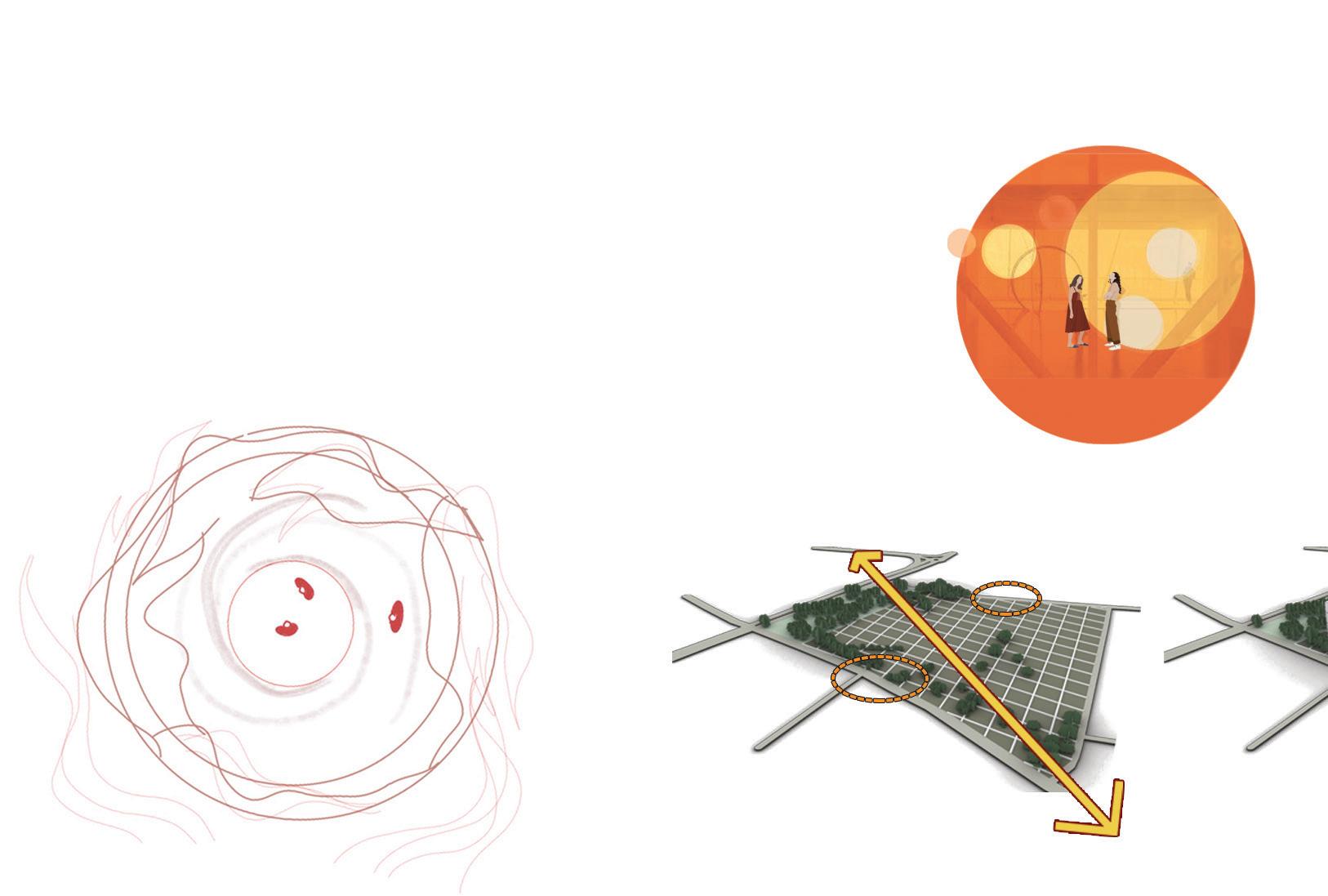
2 minute read
AGAINST THE CIRCLE OF DESOLATION
Insideness and Outsideness- Relph’s elucidation of insideness is perhaps his most original contribution to the understanding of place. If a person feels inside a place, he or she is here rather than there, safe rather than threatened, enclosed rather than exposed, at ease rather than stressed. The more profoundly inside a place a person feels, the stronger will be his or her identity with that place.
Individuals and groups may create a sense of placelessness either unself-consciously or deliberately. A space must be explored in terms of how people experience it. Introduction of elements that heighten sensory experiences highly increace the feeling of “placeness”
Advertisement
DOES A CITY IN CONSTANT DISTRAUGHT CREATE A SENSE OF PLACELESSNESS?
WHAT CAN WE DO TO NURTURE A CULTURE OF LIVING WITH DISASTERS AND BUILD A CITY THAT IS RESILIENT AND REGENERATIVE?
Gateway opportunity
Recreational green spine cutting throuch the plaza
Split into 3
Interactive green cortyards
The white noise of a waterbody creates soothing spaces throughout the site
Higher stability and allows the weight of the loads to be equally distributed
On a spiritual sense, a pyramidal form creates a concentrtion of energies inside.
The porus commercial frontage invites the local crowd encouraging interaction and education.
Facilitate an air passage through the plaza sections
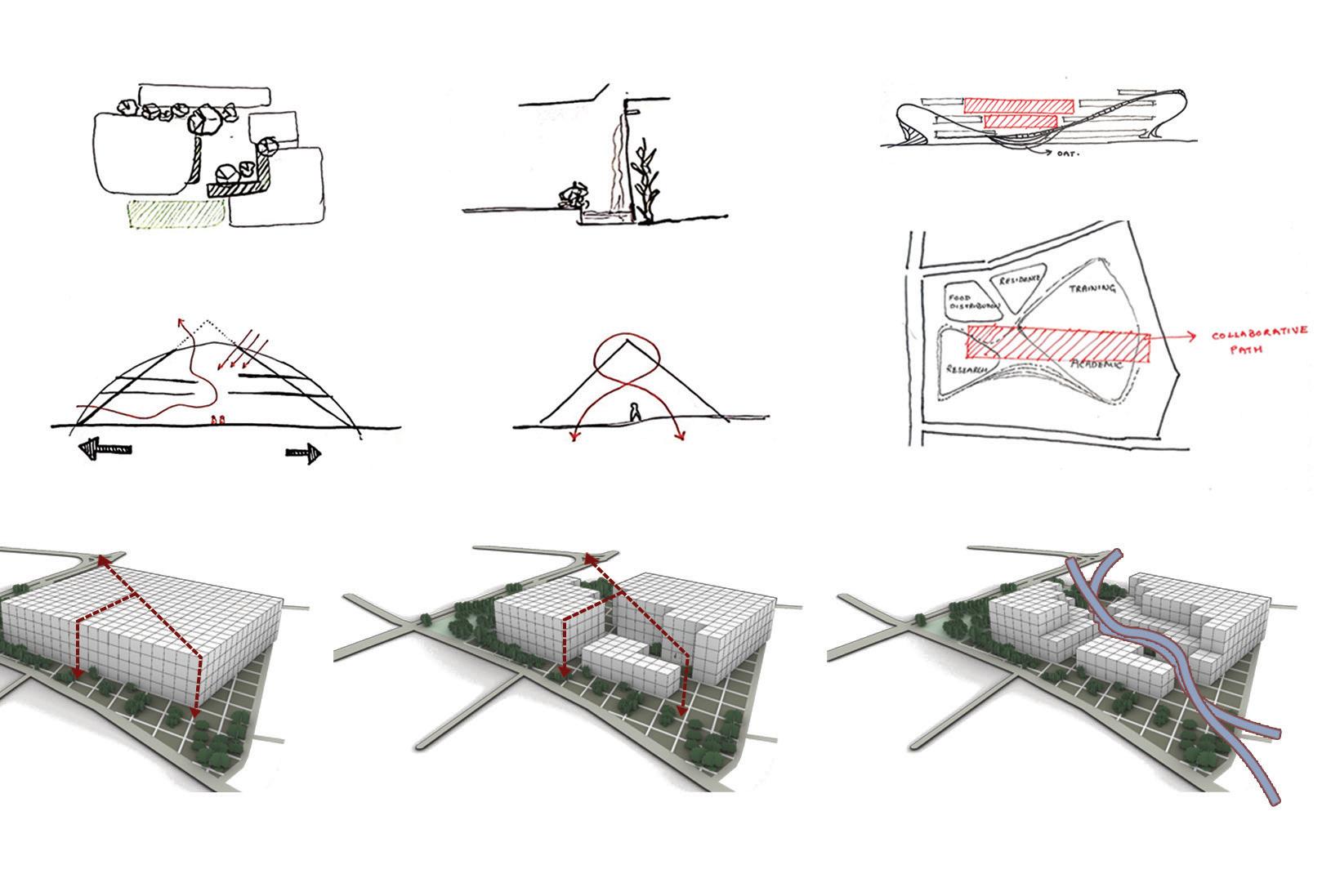
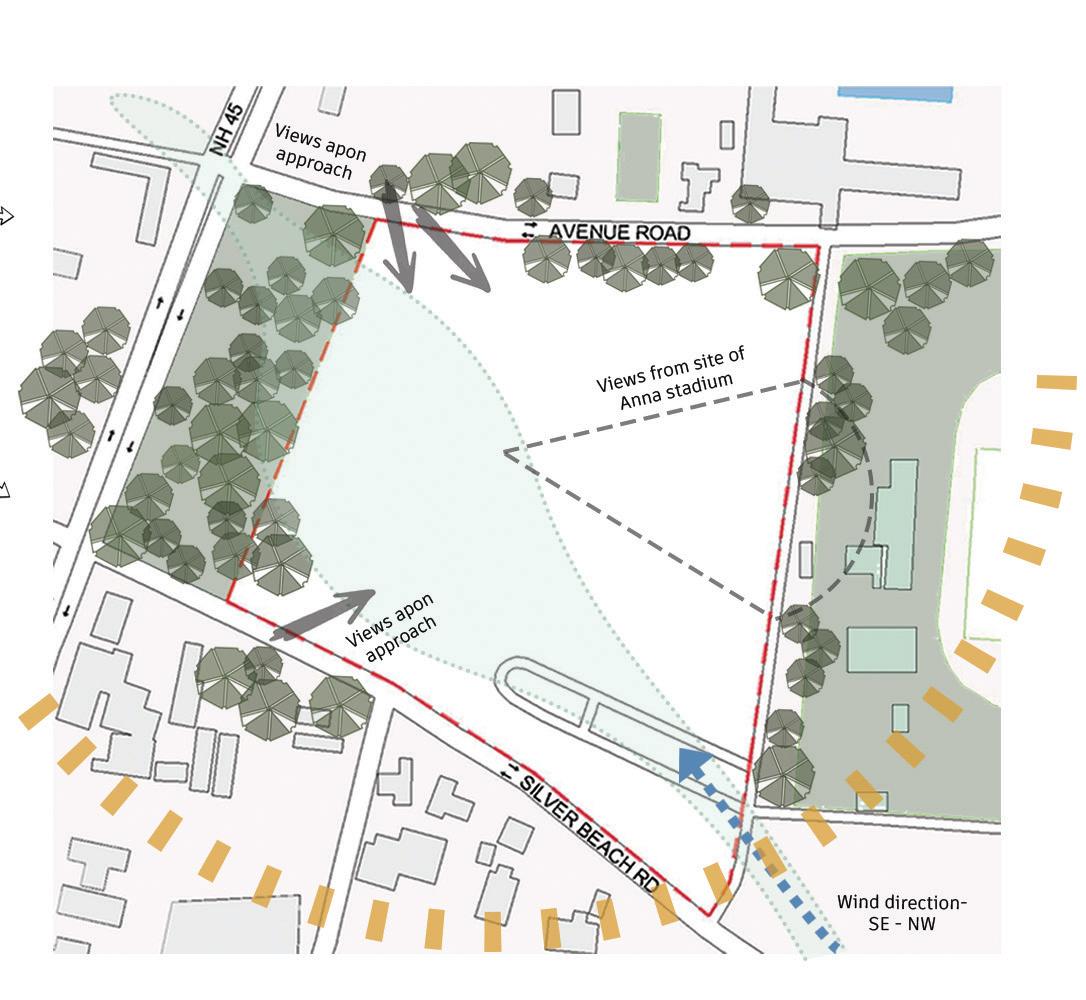
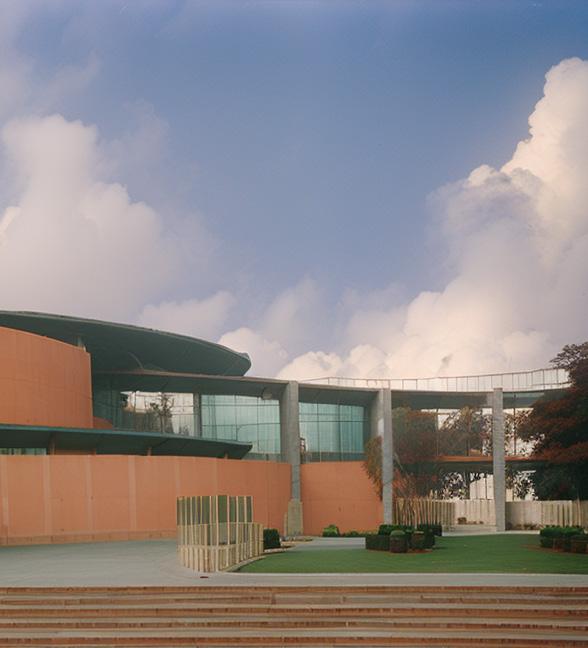
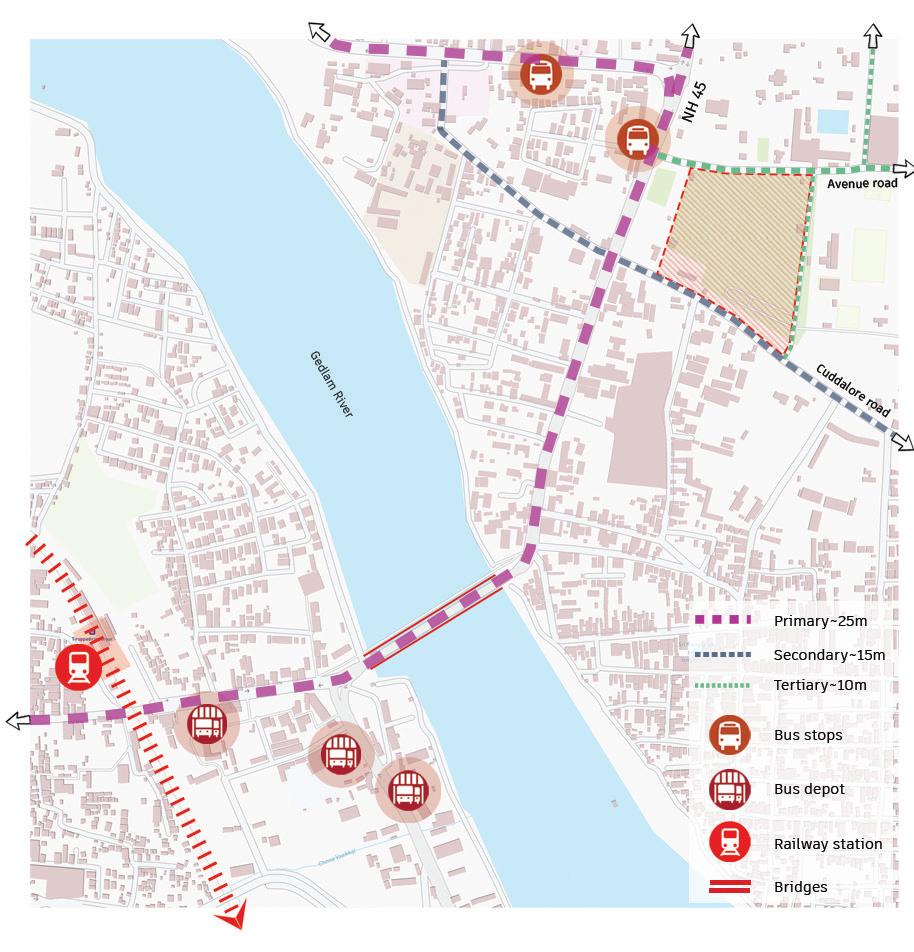
The curved profile provides solutions to the problem of wind resistance.
Wind can reach hurricane speeds in this area, and the aerodynamic form allows it to safely flow over the structure.
The design bring visually disjointed, futuristic structures into this neighborhood that is already chaotic in an attempt to legitimize the architectural vernacular of each location.
– an anticipatory approach to urban design that explores the optimistic possibility of symbioses between humans and the natural and constructed worlds, embracing inevitable disasters and creating disaster-resilient environments.
Varied open spaces that facilitate formal and informal interactions
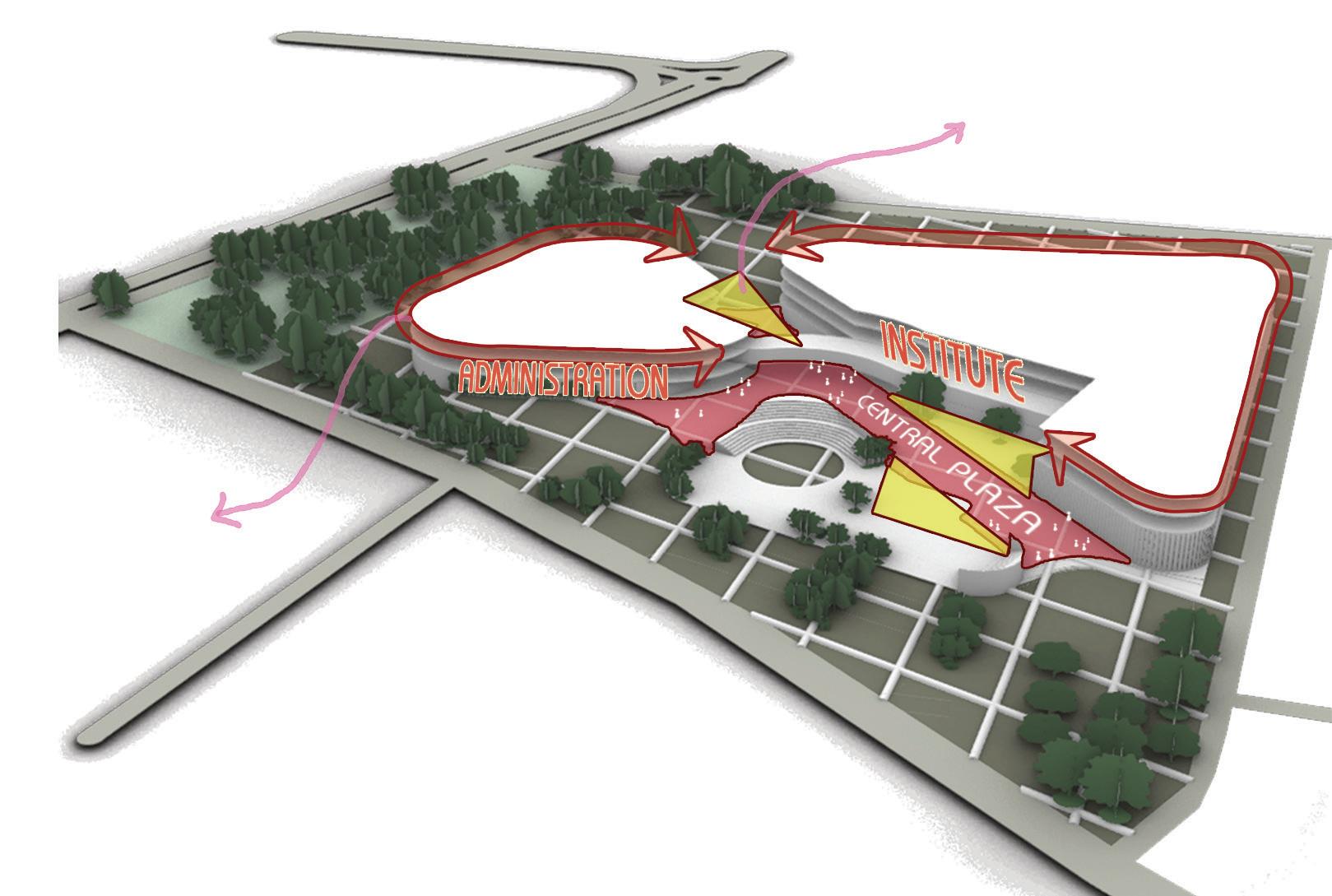
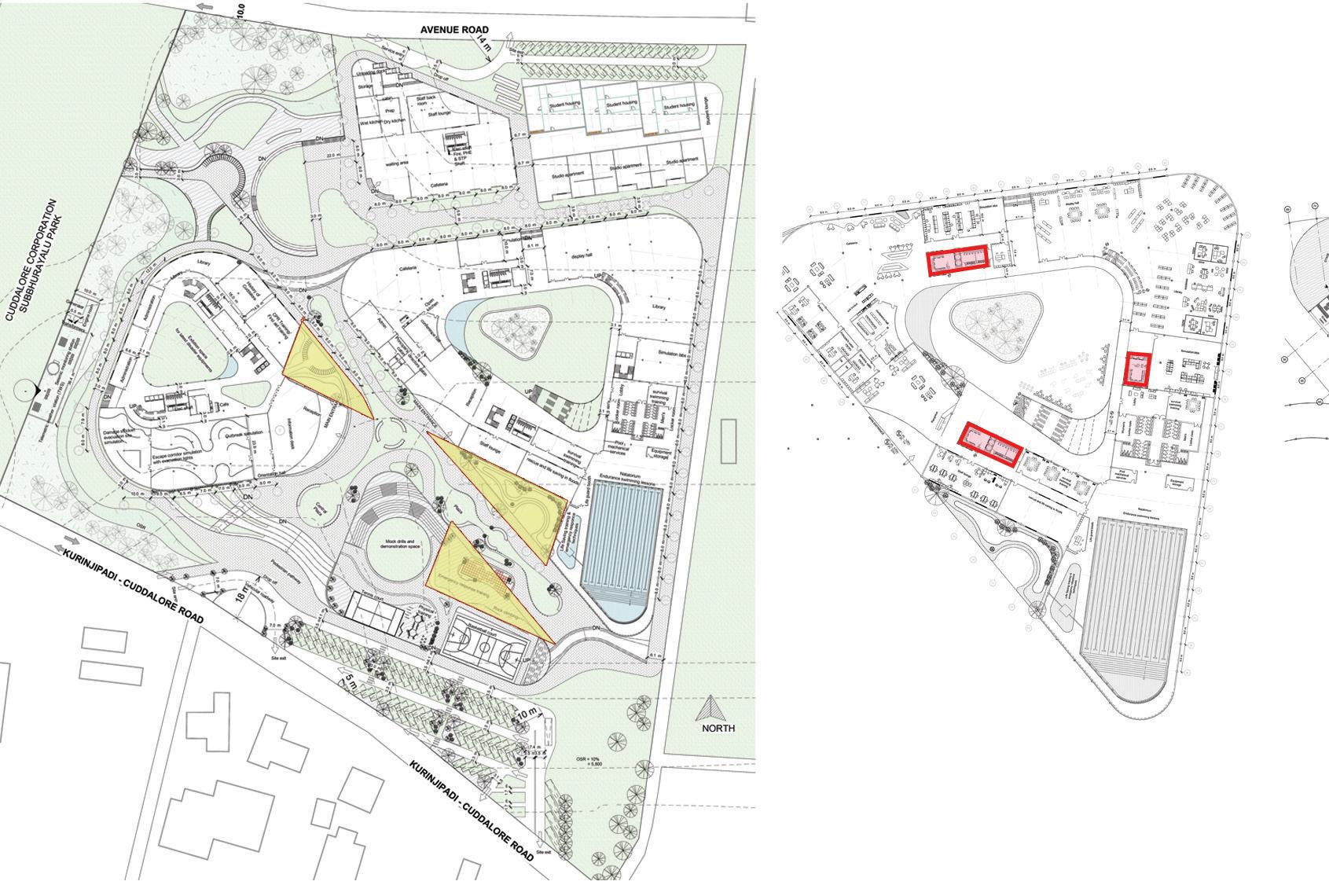
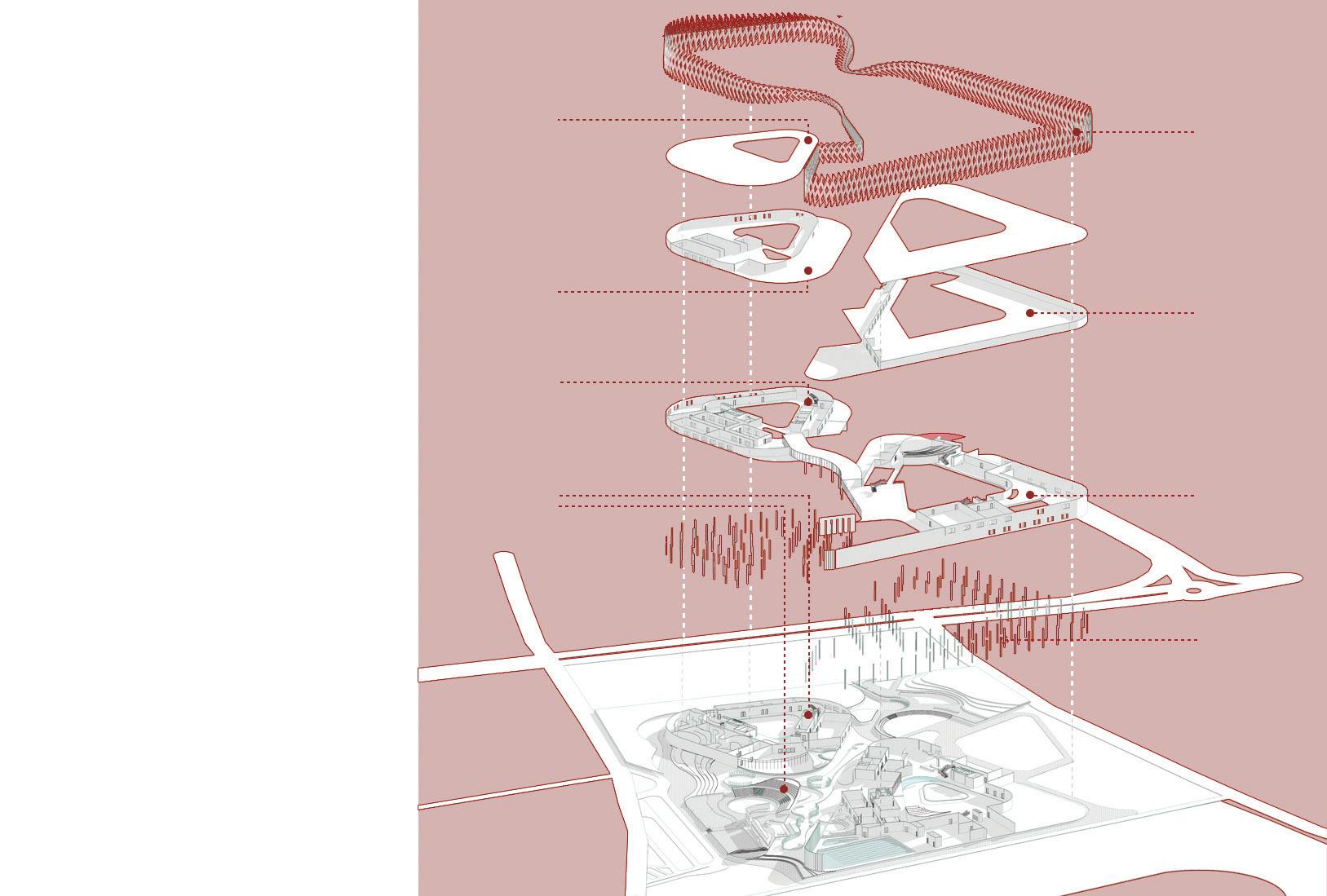
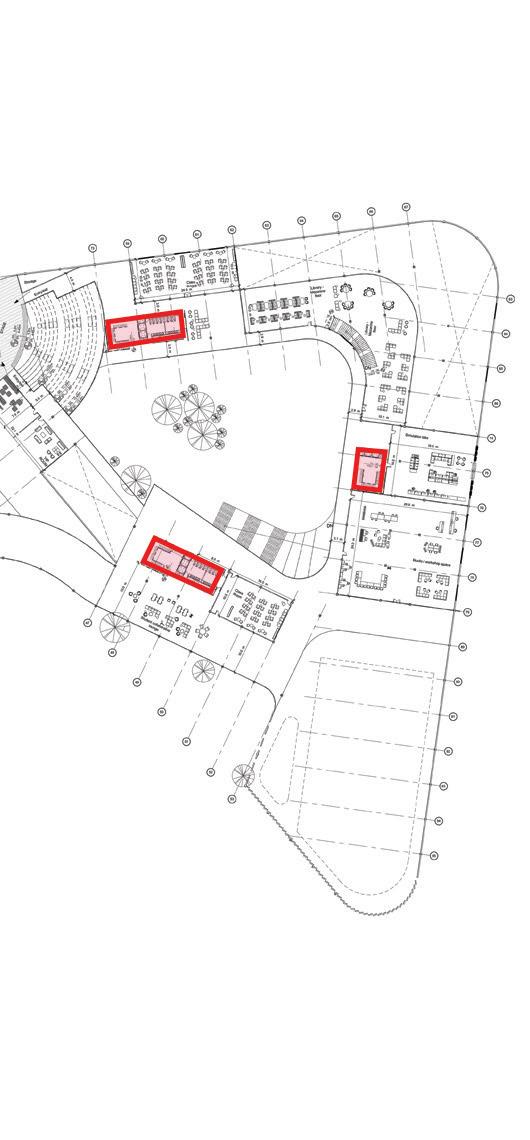
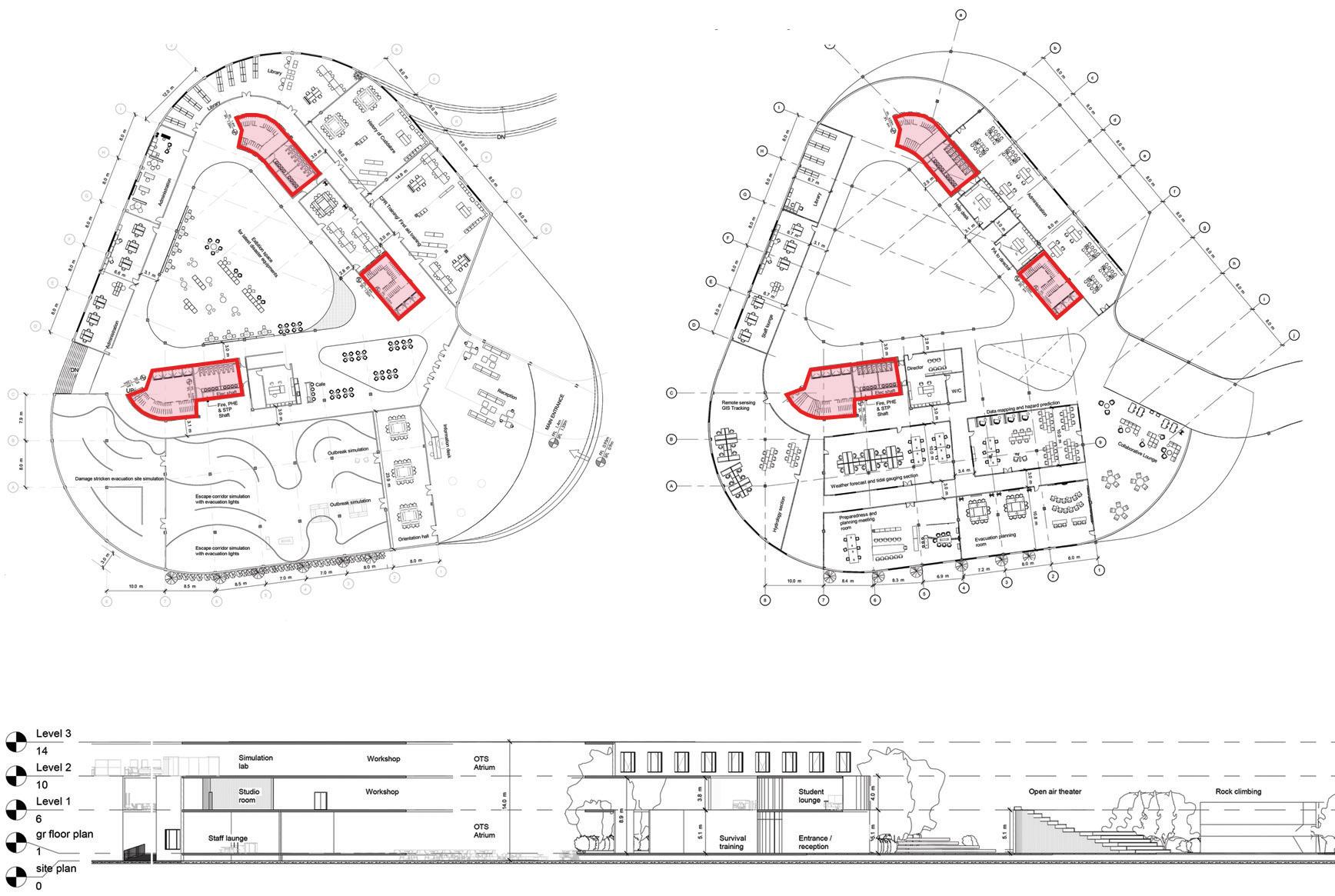
Experience Center
Entry Reception
Orientation
Outbreak simulation
Escape corridor
Evacuation site simulation
Administration
CPR training
Exhibition
Mitigaton Block
Collaborative lounge
Data mapping and hazard prediction
Evacuation planning
Weather forecast
Preparedness planning
The Trail
The trail is an urban walkway and seater through the central plaza , that acts as a convenient connection among the three blocks. Its a leisure buffer pathway that runs through the central plaza.
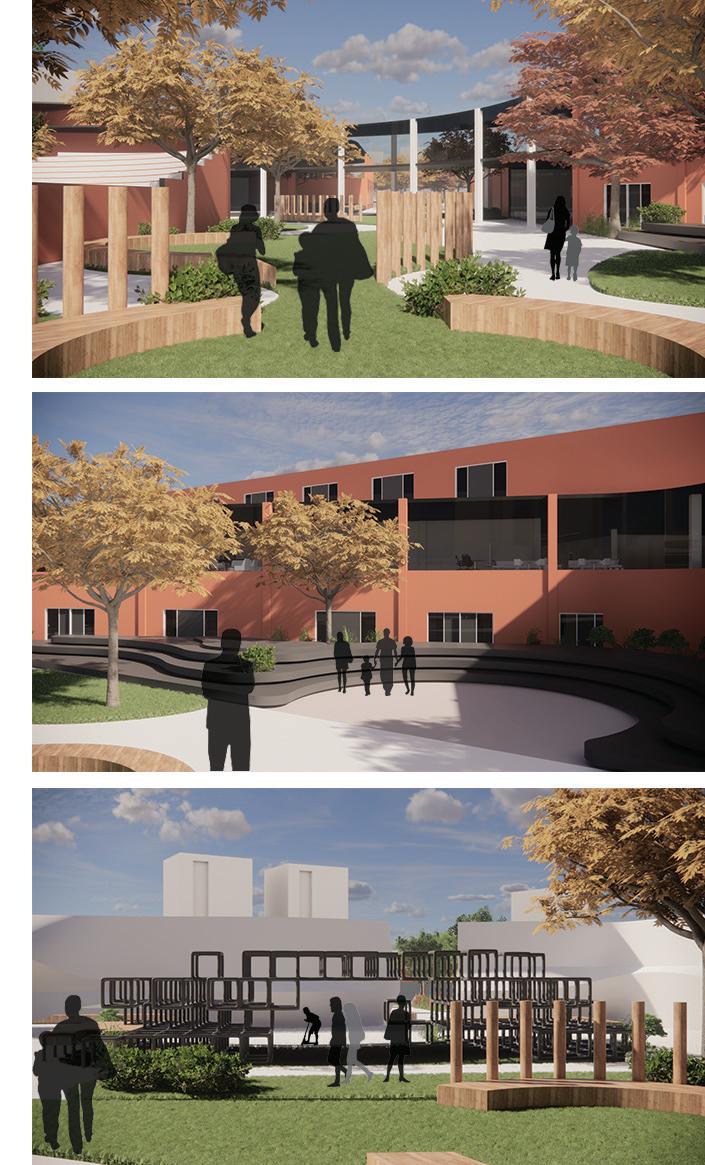
Urban Seater
The urban seater acts as a community space to facilitate discussions and theoretical knowledge on disaster prevention, relief, and safety.
It is also a student lounge for students to interact and sit post classes.
Grid Pavilion
The interactive grid pavilion acts as a structure to create an opportunity for playful physical training. It also acts as a seater to view the rock climbing and training taking place next to it. The opening in it creates a gateway to enter the physical training zone.
Vast wind areas of buildings can be utilized as wind power production
Wind speed increases with height
Strong winds without diversion cause skyscrapers wobble
As a spoiler, the pressure of surface is reduced and the turbulence is guided by windsail to the generator
The electricity is provided for electrical device at each floor
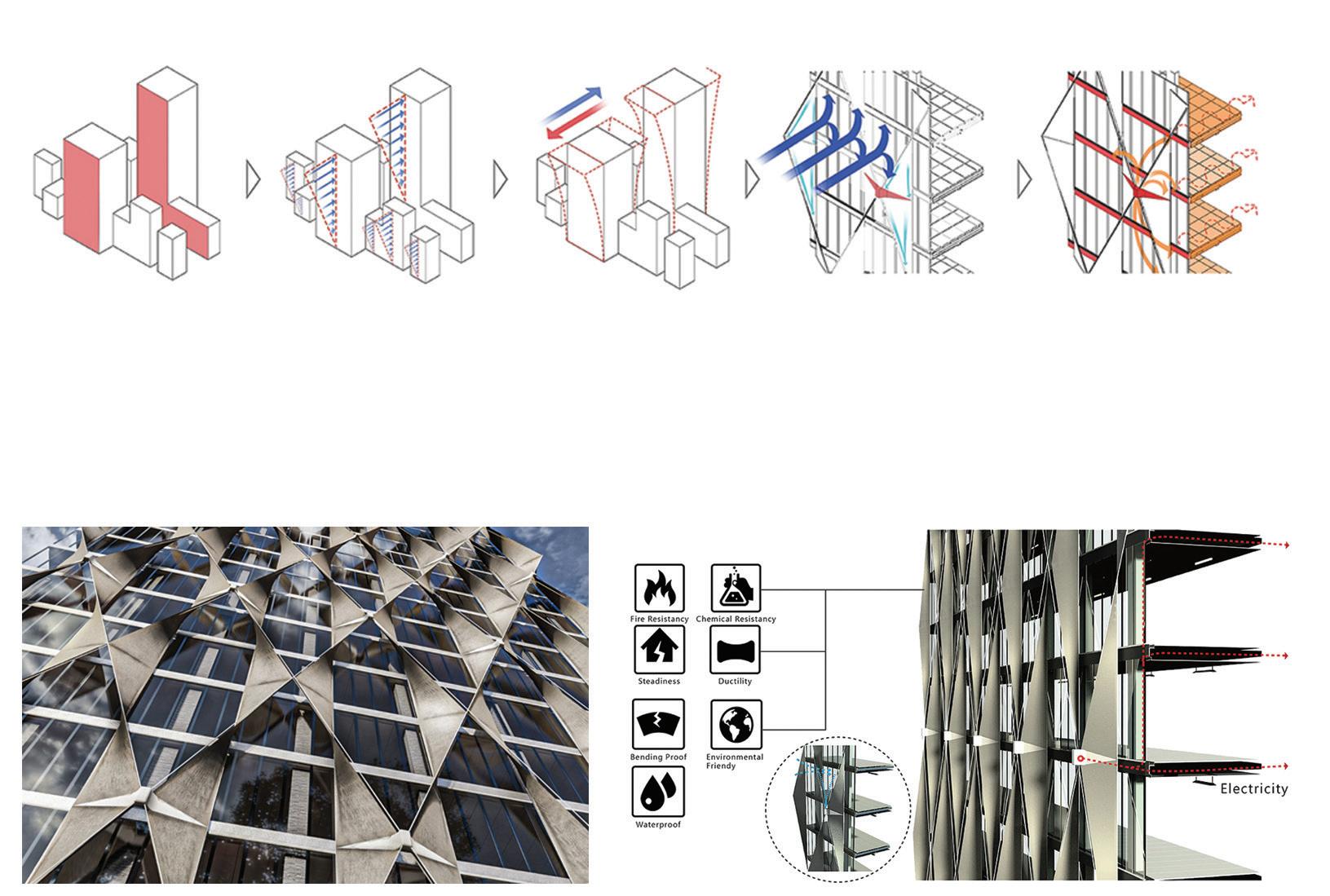
Due to the convection of air, the building will be subjected to extreme wind pressure, and it is often necessary to worry about the damage to the structure of the high building due to the shaking and resonance of the building. Therefore, wind digesters are designed to divert and reduce the huge wind pressure on the surface of tall buildings and utilize this natural wind energy to generate electricity for indoor use.
Generator System
Perforated panel (inhale the converged wind into generator)
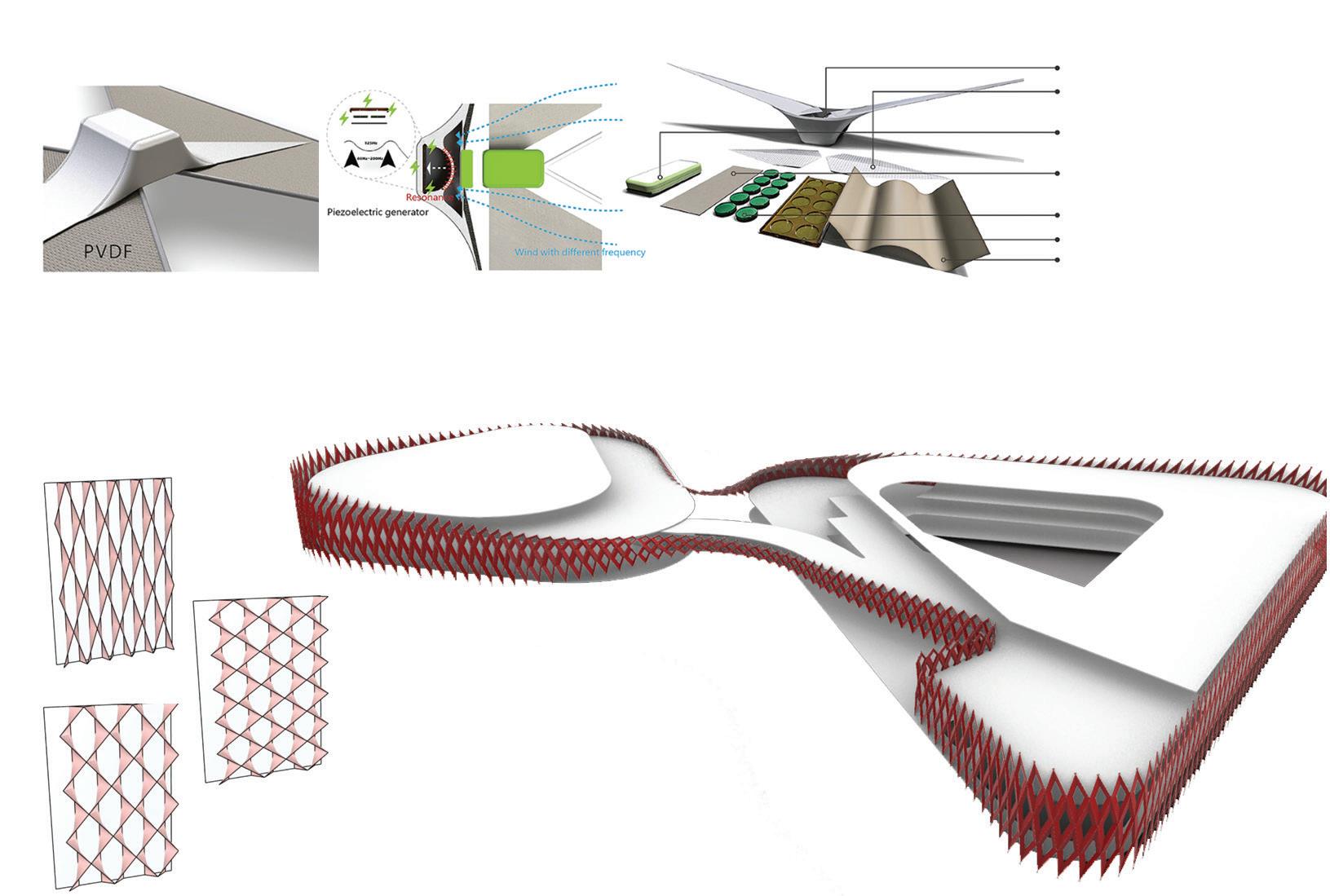
Accumulator (to supply general electricity use and emergency use)
Galvanized steel
Piezoelectric generator
Holder of piezoelectric generator
(for efficiently transmitting resonance) Curved panel (cavity for enlarging the resonance)
Wind Digester
SDeG (Sujit Nair Design Group) was founded in 2007 and is currently involved in projects of varied types and scales. The practice is interested in the many possibilities that emerge from complex urban flows and shifts in culture, politics, socioeconomic patterns, belief systems and capital, resulting in an Architecture of wide-ranging circumstances. By aiming to be consistently experimental and switching tactics swiftly, design can be liberated from predetermined and preservationist notions – SDeG believes in an architecture of overlapping attitudes, technologies and techniques, that respond to fluid project situations and contemporary urban transformations.
